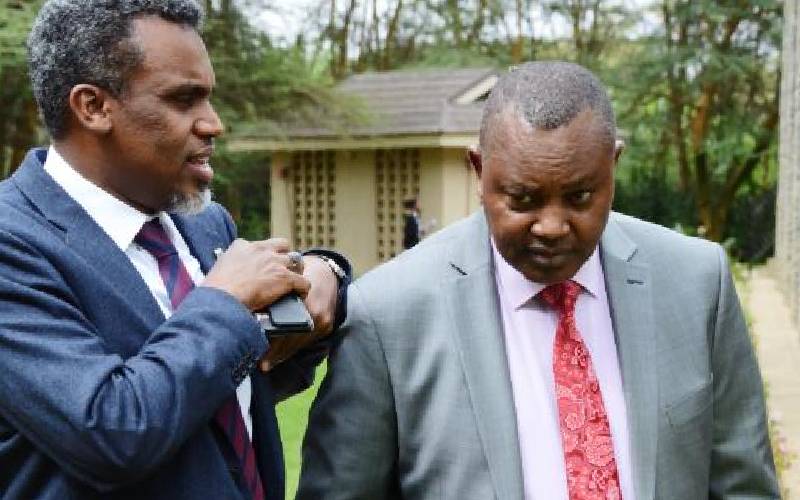
The rivalry between the Director of Criminal Investigations (DCI) and Director of Public Prosecutions (DPP) may be the weakest link in the fight against corruption. It should not be allowed to persist. That the two offices are critical components of the criminal justice system cannot be overemphasised.
And whereas these authorities exercise distinct constitutional mandates, they remain interdependent and, therefore, close cooperation between them is essential in safeguarding public interest. The framers of our laws did not envisage a situation where the two agencies would work at cross purposes, even for a moment.